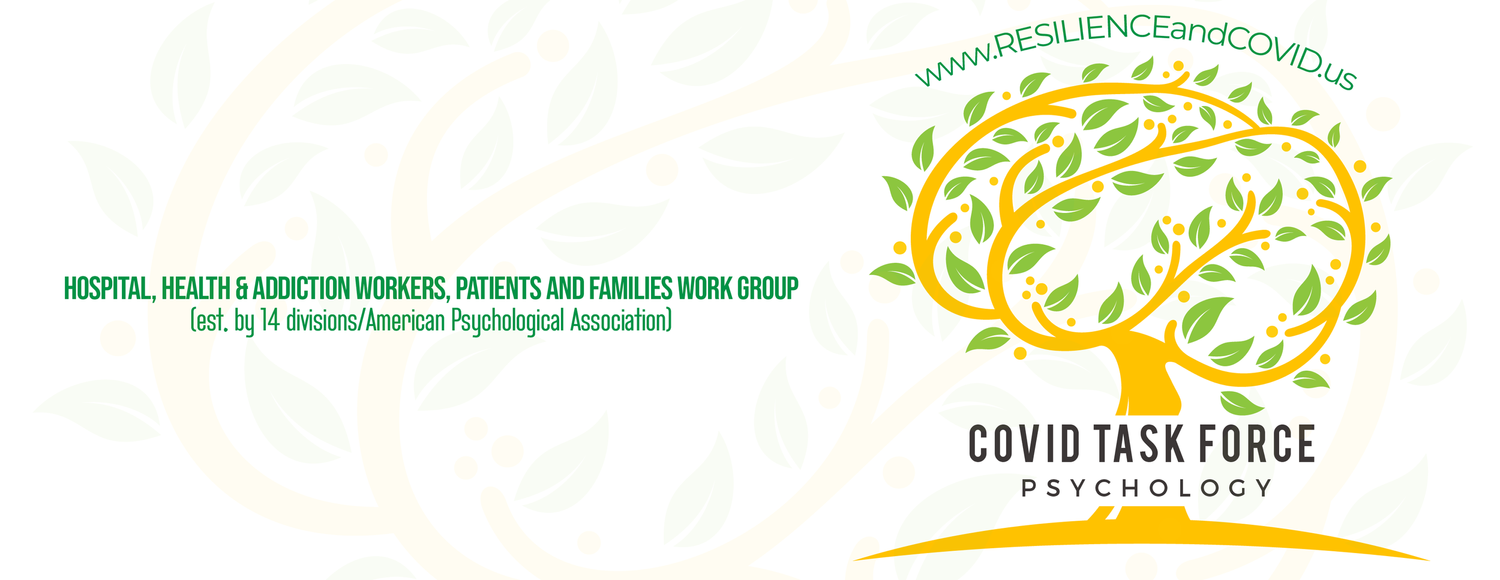Decode the Message in Your Child's Behavior
A guide for parents in the trenches of daily life.
This post is part of a series on Parenting During COVID. Part 2 is here.
It comes with the territory. Children express themselves through the language of behavior. When a small child puts her arms up, everyone knows what that means. But what about when a kid has a meltdown in the middle of the sidewalk? Or what about one who ignores everything you say?
These are among the challenges that may end up in your lap. If the behavior was always difficult to deal with, it can be more so during COVID. With everyone home and the many stresses that families are under, it is not too surprising that kids feel it too. But it is important not to jump to conclusions about the meaning of behavior. Finding a way to understand and cope with feelings that come disguised as behavior is its own challenge.
The Language of Behavior
The language of behavior does not have a dictionary. There is no checklist that explains the meaning of a child's actions. There is no website that tells the story in her heart. Or if you find one, it could be wrong. That is because the meaning is personal. The same behavior can mean very different things in different children.
Three different children may be ignoring what their parents say for three different reasons. One may really want to do things his own way. He ignores his parents as a way to do exactly what he wants. Another may have trouble hearing. And another may be lost in grief. You can’t tell what’s up until you tune in to the child.
Tuning In
Tuning in to your child means "catching the tune" of his feelings.
That starts by giving up whatever is on your mind and dropping into his. The two essential ways to do that are by joint attention and attunement. Joint attention means sharing your child’s focus. Sit down on the floor with him and focus on exactly what he is focusing on. Lego blocks are much more fun when you let everything else go.
Attunement means tuning into her feeling. Look into her eyes and see if you can pick up her feeling. Watch her play and join her feeling. That will take you out of your world into hers and make you both feel closer.
Every day is new.
Source: Ellen Luborsky, Ph.D.
Know Thy Child
Any parent who has more than one child will tell you – they are all different from the start.
Some are easygoing by nature. Others experience their feelings as huge. Some are sensitive to noise and disruption. Others enjoy it. None of these ways of experiencing is right or wrong. They are all simply natural ways of being. But it helps to "know thy child" when you are trying to understand his or her behavior.
But what happens when the behavior is way out of bounds? What can you do when the same problem keeps happening?
Decoding the Language of Behavior
Every situation has both feelings and reality in it. But they mix together when a child is expressing himself in the language of behavior. For example, a child might be sad because he feels like nothing is going right. From his dad getting sick to being stuck at home and never seeing his friends, the stresses of COVID are getting to him.
“Pick up your napkin,” his mother tells him at the dinner table.
He knocks his plate onto the floor (“by mistake”) and kicks over his sister’s toy kitchen as he storms out of the room.
“Cut it out!” his dad yells.
This child is out of bounds, but he could use some help with his feelings. He also needs a way to repair what happened.
Untangling Feelings and Reality
To untangle feelings & reality, take some time just for feelings. Dial into the child’s point of view. If you give him a sense that you “get it,” that can take down his need to show how he feels by acting it out. In this case, his dad went into his son’s room and put it out there about how hard it has been with him sick. “It’s tough buddy.” That led to the child apologizing.
New Forms for Feelings
Understanding helps. It can also help to offer other ways to express hot feelings, such as:
throwing balls into a basket
jumping on foam
drawing a picture of how you feel
escaping into your own room to cool down
Recovery and Repair
Finding ways to repair feelings allows room for whatever comes next. It is a learned art not to carry one problem into the next. Different parents have different approaches to what has been difficult. Some families create an evening ritual of talking over feelings. Some move on and play games. There is no one right way.
article continues after advertisement
It is inevitable that parent stresses find their way into the day. If you end up yelling or reacting in a way that you feel bad about later, it is wonderful to find a way to apologize. You set a good role model when you do. None of us are perfect.
Finding ways to express feelings in a "no harm" way gives more ease to the day. Nature knows better than we do. Every day is new.
Read article on Psychology Today: https://www.psychologytoday.com/us/blog/psychological-trauma-coping-and-resilience/202101/decode-the-message-in-your-childs-behavior

